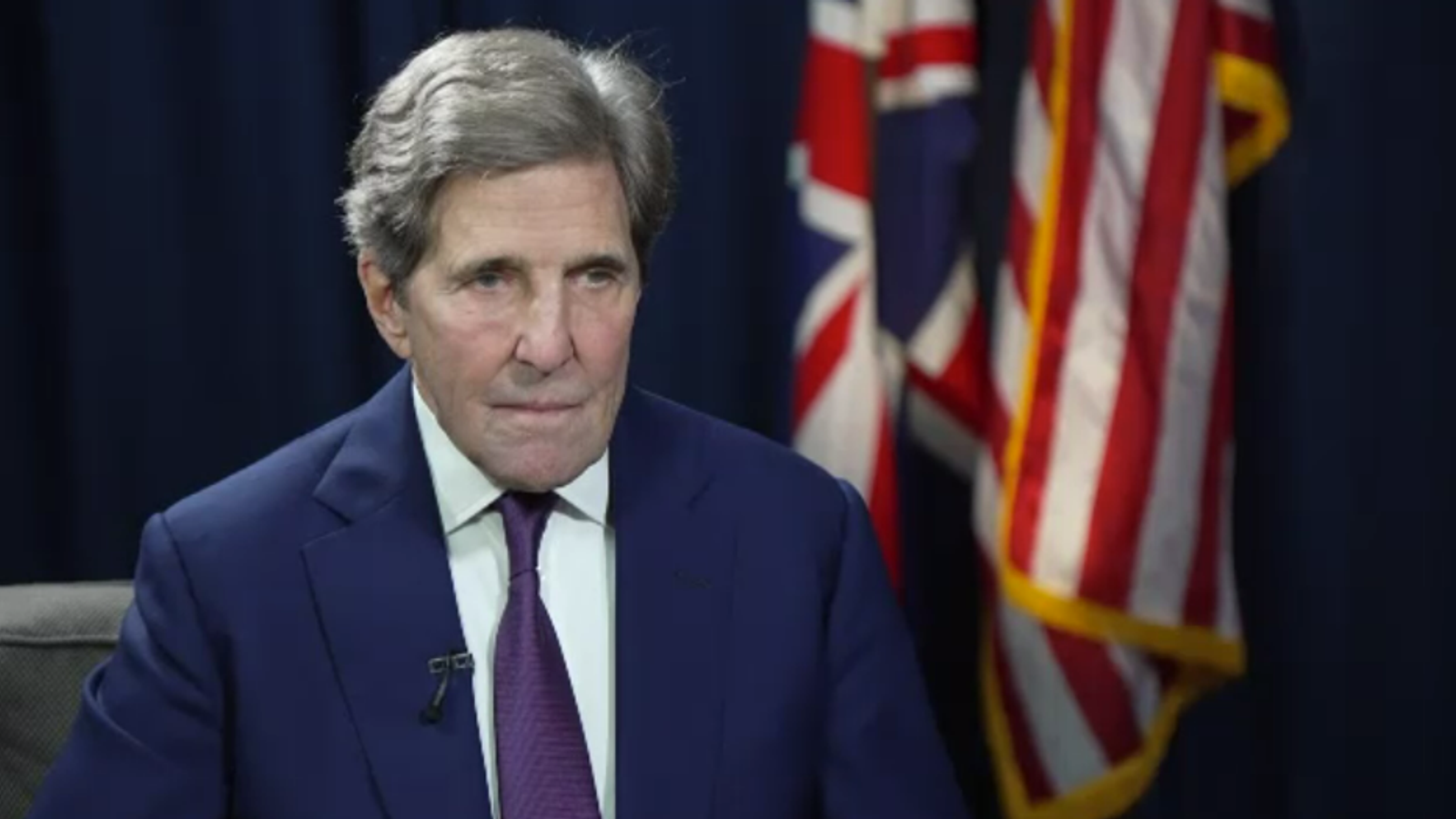Bitcoin (BTC), the world’s largest cryptocurrency, has experienced a period of stability around the $26,000 mark following the recent speech by Federal Reserve Chair Jerome Powell.
Powell reiterated the central bank’s commitment to maintaining a 2% inflation target in his speech. As economists discuss the implications of this goal, market observers, including Bloomberg’s Senior Macro Strategist Mike McGlone, have weighed in on the potential impact of an impending recession on BTC’s price.
Bitcoin Faces Bearish Outlook?
During his speech, Chair Powell stressed the importance of implementing a “sufficiently restrictive” policy to address inflation-related concerns. While economists continue to debate the merits of this approach, Powell’s emphasis on controlling inflation has sparked speculation within the financial landscape.
Mike McGlone, a respected senior macro strategist at Bloomberg, remains bullish on Bitcoin, often called “digital gold.” However, McGlone predicts a potential decline in Bitcoin’s price, stating that a “normal reversion” during an economic recession could see Bitcoin trading at around $10,000, or even as low as $7,500.
McGlone acknowledges Bitcoin’s volatility but highlights its historical performance as an asset class, even in the face of a significant drop.
Furthermore, McGlone points out that Bitcoin’s 100-week moving average (MA) is currently trending downward, indicating a negative market trend. The recent decline from its 2022 and 2023 bottom further supports this observation.
Additionally, Powell’s mention of ongoing Federal Reserve interest rate hikes adds to the concerns surrounding Bitcoin’s macro outlook.
Nevertheless, comparing Bitcoin to the stock market in 1921 and 1929, he views the cryptocurrency as a revolutionary technology with the potential for long-term growth.
In addition to concerns surrounding Bitcoin’s short-term growth, the U.S. Dollar Index (DXY) has been trending upward, thereby losing its previous correlation with BTC, which raises concerns for the leading cryptocurrency in the market.
As reported by NewsBTC, the DXY is approaching significant resistance levels in the near term. However, it is worth noting that favorable conditions, increased trading volume, and renewed liquidity entering the emerging cryptocurrency industry could potentially provide an opportunity for BTC to recover and reach higher price levels.
Currently, the DXY is trading at 104.169 points and is approaching two crucial resistance lines. The first resistance lies at the 104.716 mark, and the second is at the 106 level. These levels have not been surpassed since May and March, respectively.
Nevertheless, if the DXY surpasses these resistance levels, it could propel the index to even higher levels, possibly reaching 112 points. Such a scenario could pressure BTC and disrupt its ongoing bullish trend, especially if favorable conditions and a positive correlation between the two assets are absent.
Bitcoin is being traded at $25,900, showing a minor decrease of 0.7% within the last 24 hours. However, Bitcoin bulls must reclaim the $26,000 threshold to prevent potential downward movement and further declines as the market approaches the conclusion of a new monthly closing period.
Featured image from iStock, chart from TradingView.com









